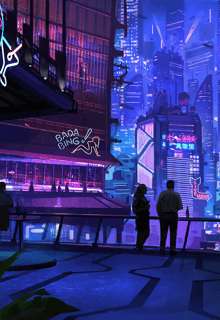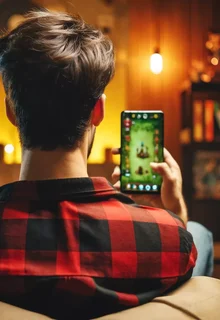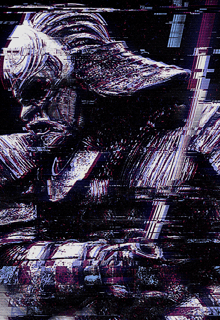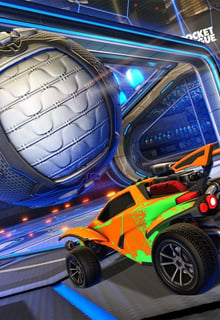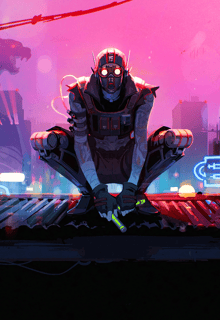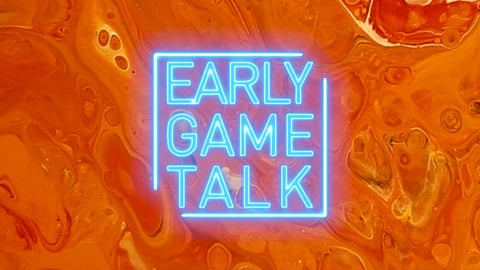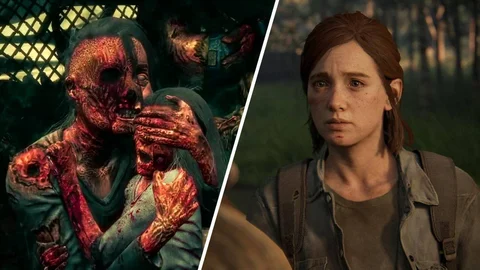
I'm tired. Tired of the same-old tried and (not so) true arguments. Tired of the rubbish. Politics belongs in video games. Now, if you want to try and change my mind, I implore you to give it a go – debate's my middle name (not really) – but first, perhaps you should give this a read? Perhaps you should take a look at the arguments I am about to put forward, and perhaps you can quit it with the whole "It's a bloody game, let me play" argument.
I am about to make a pretty controversial statement, so buyer beware – you know the games you like to play? There's a good chance there's something political about them. Are you into Call of Duty? Well, that's just American propaganda (fight me, seriously, it is). FIFA? That's just football, right? Well, yeah, but how do you think it's decided which teams, marketing, and content is included? It's not blatantly political, but it shaped by the fact that Electronic Arts makes it, and it is shaped by the organizations and share holders (and their affiliated politics) that sponsor FIFA (and EA itself, of course).
Think about this: the recent debates over where the EURO Grand Finals should be held – London or Budapest – were mired by controversy over recent anti-LGBTQI+ legislation in Hungary. This is a video gaming website, so I won't delve into the details, but do you really think that FIFA is entirely disparate from similar pressures? What about Mario? Well, it might be a stretch, but he's a pretty culturally diverse character... okay, yeah that's a stretch, but my point stands: politics is everywhere.
Now, that's not to say that this is necessarily the same kind of politics that often finds its place on Reddit forums, anxiously discussed by angsty gamers who take delight in pseudo-intellectual discussions about how Ellie's gayness absolutely ruined The Last of Us: Part 2 (oh, you poor babies). That's true – it's a different kind of politics – but it's an important backdrop.
"You know the games you like to play? There's a good chance that there's something political about them."
A couple of years ago I did research into what I termed at the time to be "Games for Social Change", and in my research (which, mind you, was quite primitive), I found that games for social change did, in fact, make a difference. The operative question, then: that's a little vague, Evan, what difference? The difference is that video games, as an inherently creative medium, channel the political perspectives, the pressures, and the context of their environment. Video games, just like music, movies, television and literature, make a difference to the world around them as a reflection of their context.
Yes – that was a little wordy, but let's break this down for you – into something a bit easier to comprehend. So: The Last of Us: Part 2 was a little preachy, hey? Okay, so let's breakdown what you're saying here – Ellie is gay, it's part of the narrative, there are a few sex scenes, blah, blah, blah. Sorry, but how is this "preachy"? She's a character, she's a person in a fictional universe, she's the heroin, she's the player character. You don't want to play as a lesbian, is that the problem?
Neil Druckmann, Naughty Dog, and everyone involved had a vision. They had a story that they wanted to tell, with characters that they wanted to explore. Here's a fact and a question for you:
Fact: You don't have to play the game.
Question: Do you really want other people to tell you which stories you can and cannot tell (if you are / were a creative type)?
The problem here is that the assumption has been made that Neil Druckmann and co. wanted to lecture us about some kind of bizarre and radical political ideology. The assumption is that, by making Ellie gay, the developers wanted to push some kind of ideology upon the player. This is a little bit of a stretch, isn't it? As I said before, she's a character, she happens to be the main character, but her "gayness" is simply one aspect of her character. She is also strong, she's a woman, she's traumatized, she's desperate, she is heroic, and at times she is a little bit reckless. Ellie is a fully-developed, fleshed out character. Not some "vehicle" of political propaganda.
"The difference is that video games, as an inherently creative medium, channel the political perspectives, the pressures, and the context of their environment."
Politics belong in video games, as it does in all sorts of other creative mediums. In the 1960s, musical artists like Bob Dylan and Neil Young had something to say, so they channeled it through their art – same with Bruce Springsteen when he released that iconic song you probably sing along with relatively regularly, Born in the USA. They weren't being political correctness junkees, they were expressing themselves, and it made a difference. Now, that's not to say that everything has to "make a difference", but a game can be inherently political without its purpose being to impose some kind of ideology upon you. Relax, seriously, it's okay.
Someone might feel offended by being made to play as a gay woman, but someone might also be offended by Spec Ops: The Line's comments on American militarism. In the same way, people might be a bit irked by the "toxic masculinity" on display in... most shooters. Or perhaps by the fact that for the last two decades Call of Duty have made an enemy out of "Arabs", Germans, Russians, Vietnamese people, and more. If we start saying "leave politics out of video games" then we won't have a huge number of video games left. Just saying.
I might be wrong, though, perhaps there is some nefarious scheme going on. Perhaps Neil Druckmann wants us to be indoctrinated into this scary "woke Marxist group-think", maybe not. What do you think? If you can change my mind, I'll be pretty impressed, so don't forget to leave plenty of Facebook comments for me to wade through. It'll be fun.
***
Other Columns that you should check out...
Let's Talk About The Hypocrisy of the Call of Duty Racism Crackdown




